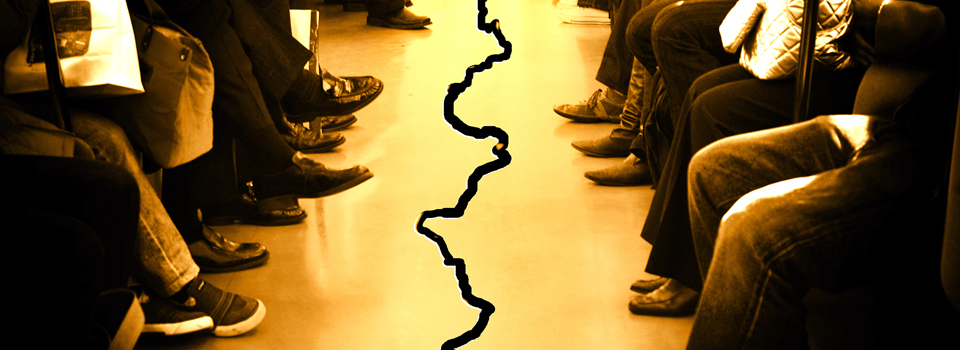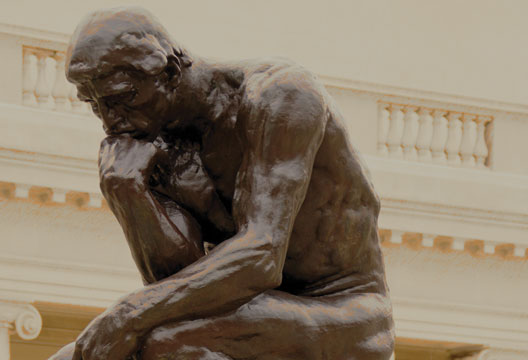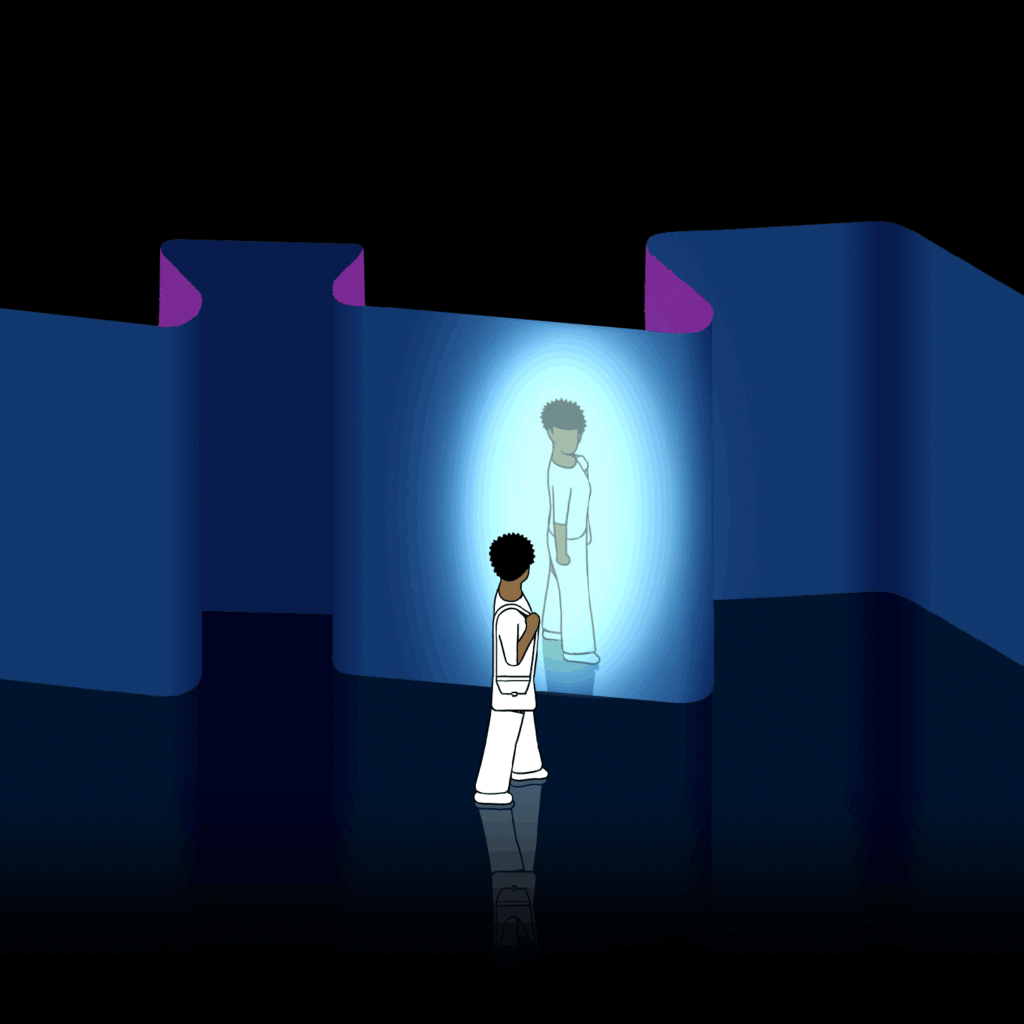
“Over the last 72 hours, I have received multiple death threats
and thousands of emails from Christians saying
the nastiest and most vulgar things I have ever heard
toward my family and ministry.
I have been labeled a coward, sellout, a traitor to the Holy Spirit,
and cussed out at least 500 times.”
According to a New York Times columnist, this is the beginning of a Facebook post by conservative preacher Jeremiah Johnson. On January 7, the day after the storming of the Capital, Johnson had issued a public apology, asserting that God removed Donald Trump from office because of his pride and arrogance, and to humble those, who had fervently supported him.
Strife and division is at an all-time high within Evangelical Christianity and within conservatism right now. As I mentioned in the last issue, misdirected pulpit rhetoric can lead to dangerous outcomes. Evangelical pastor Tim Remington preached, ‘I rebuke the news in the name of Jesus. We ask that this false garbage come to an end. It is lies, communism, and socialism. It threatens us to engage in more violence in the days ahead.’ Evangelist Franklin Graham compared ten GOP members to Judas Iscariot, who betrayed Jesus after they voted to approve the president’s second impeachment.
Juxtapose this to Rev. Samuel Rodriguez, who delivered a prayer at the Trump inaugural, telling his congregation last Sunday, ‘We must all repent, even the church needs to repent.’ He and many others have been shaken to the core by the sight of a sacrilegious mob blasting Christian pop music and chanting ‘Hang Mike Pence.’ Beth Moore, a prominent evangelical speaker and author tweeted, ‘I don’t know the Jesus some have paraded and waved around in the middle of this treachery. They may be acting in the name of some other Jesus but that’s not Jesus of the Gospels.’
Pastor Tony Evans sums the dilemma this way, ‘What we are seeing today especially among Christians is us building walls against one another because of government. We’ve allowed government to divide the church and that is an agenda from Hell. We’ve made government God or made it bigger than God because it can do something God wouldn’t do.’
“There is no virtue in absolutism.”
Worshipers seek an escape from the tensions of everyday life by attending church (virtual or in person). Yet, today politics is as great a challenge as the pandemic. People hear the themes always covered in the church: poverty, sacrifice, mercy, and justice differently. Now your view on abortion, guns, taxes, and how we should distribute the costs and benefits of healthcare to have a flourishing society is on everyone’s mind. It is hard to explore nuance and depth in the Bible’s message of love.
“People’s political persuasions are taking precedence over any other spiritual commitments,” said Dean Inserra, senior pastor at City Church Tallahassee, Florida, an evangelical church. “We’ve had people leave the church because, in their eyes, I’m too woke, and we’ve had people leave the church because I’m not woke enough.”
Not only have politics affected attendance, but the pandemic also broke the habit of showing up every Sunday. ‘The polarization is worse, and people aren’t going to church right now,’ said another pastor. ‘Based on what’s going on, nobody knows who’s coming back.’
Protestant Christianity takes the view that, “Using the name of Jesus to justify subjugation of people of color is immoral, unjust, dangerous and inexcusable.”Additionally, they are facing their own challenges these days relative to “loving the people, but hating the sin” in addressing gender choices, right to life, and levels of support for those in need.
Then there are the Christian politicians who are dividing conservatism. For example, Bible tweeting Sen. Marco Rubio trying to straddle the line for political expediency said there was “nothing patriotic” about what was occurring at the Capitol during the violence. A few hours later, he voted the Electoral College count wasn’t valid. The central issue of this controversy was that black and brown people’s votes don’t count. It seems he is willing to devalue his families Hispanic, immigrant identity for voter favor.
South Carolina Republicans issued a formal censure to U.S. Rep. Tom Rice to show disapproval over his vote in support of the second impeachment of former President Donald Trump stating, ‘He told us he voted his conscience. These people did not vote for him to vote his conscience; these people voted for him to support us, our district and the president.’ What’s interesting is the States creed is, ‘I will never cower before any master, save my God.’
Has Evangelical Christianity betrayed the commitment to the truth, moral character, the Imago Dei, and the Sermon on the Mount? This potential betrayal is not a theological phenomenon; its ideology developed from the strongholds of self-interest, superiority, self-absorption, and a belief that their group is being polluted by the “other.”
Has Protestant Christianity lost its ability to love and forgive those who hate them; as God has forgiven. Forgiving someone for not valuing your existence is not easy. The offense seems so egregious, it cannot be forgiven. The strongholds of pride, bitterness, and vengeance poison the soul. Yet, on the cross, Jesus cried out, ” Father, forgive them, for they know not what they do.” Forgiveness takes great courage and it reflects the grace and mercy of Jesus Christ.
The weapons in the Christian conflict have become intimidation, verbal assault, death threats, violence, real and rhetorical in pursuit of pure power. The Bible teaches us the weapons of a Christian’s warfare are different from the world’s weapons of warfare. Our weapons have power from God that can destroy strongholds, people’s arguments and every proud thing that raises itself against the knowledge of God. Strongholds are the inner turmoil we face, not other people. It is self-idolatry for anyone to think they can create their own truth based on how they “feel.”
Today would be a great day to come to Jesus Christ in repentance and faith. Strongholds rob us of peace, separate us from God, steal our joy and destroy our witness. Strongholds, by design, build walls of separation. Let all our fears, biases and beliefs, like Jericho wall, come tumbling down. There is compassion for those who repent and restoration according to God’s promise. Through trust in Him, not people, politics, or power we can find our way back.
“Father, we ask as a church for your forgiveness for the extraordinary delight that our church has taken in humiliating others. Help us to remember other people come from different perspectives and have had different life experiences. It doesn’t mean they’re horrible people. We pray, Father, that as a church, we demonstrate love one to another and find our way back to You.”
SOURCE: nytimes.com, How White Evangelical Christians Fused With Trump Extremism, January 2021; damemagazine.com, Is the Media Ready For The Next GOP Gaslighting?, Allison Hantschel, January 2021; Newsweek, Franklin Graham Compares 10 Republicans Who Voted to Impeach Trump to Betrayal of Christ, Jeffery Martin, January 2021; sun-sentinel.com, Trump ignites war within the church, David Brooks, January 2021; www.deseret.com, Religious leaders call for peace amid election turmoil, Kelsey Dallas, January 2021; apneas.com, In voting to impeach, SC’s Rice acknowledges political risk, January 2021
Would your connections benefit from this post?






